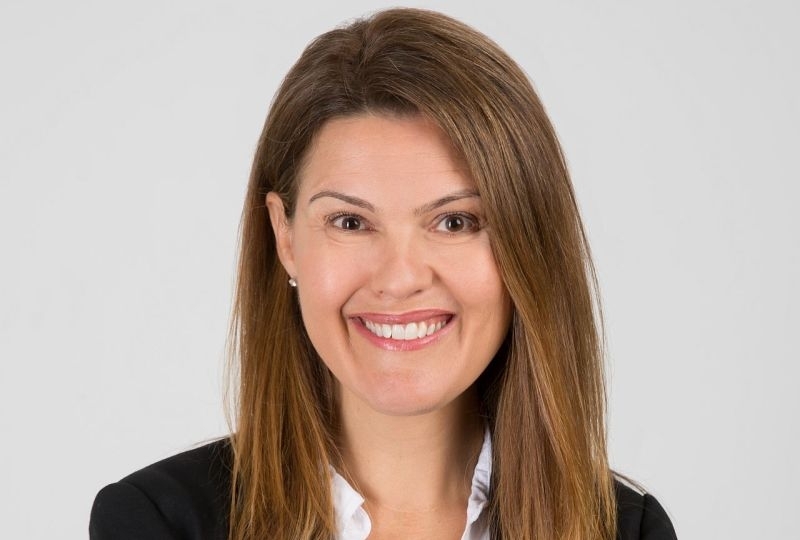Dr Harper and Dr Day discussed this new publication during an event at the 2023 Geneva Peace Week on a rights-based approach to conflict prevention.
Dr Harper provided context on the traditional UN peace and security architecture, explaining its capabilities, limitations and evolving nature, and the potential role for entities like the HRC. She referred to Ukraine and Israel/Gaza, which underscore failures within the current architecture, revealing divisions, especially among the P5. Dr Harper also emphasized that despite these challenges, there are issues like responding to the Islamic State, where the UNSC can find common ground. Considering the growing risks posed by artificial intelligence and climate change, she highlighted that threats of a more generalized nature (not tied to a specific member state) may become more frequent, providing opportunities for the UNSC to take action.
Dr Harper also stressed that the system is not static: its components are adapting and reconfiguring to overcome obstacles to debate and action. While the UNSC holds primary responsibility for peace and security, it is not the sole actor. This is where the HRC comes into play. Over the last decade, the HRC has shown an increasing willingness to engage in this domain. Although not a direct peace and security actor, it can undertake actions reminiscent of those in the peace and security realm, such as appointing a country-specific special rapporteur or establishing an investigatory mechanism. These actions may not involve the use of force but carry significant weight. In complex situations like Ukraine, such measures may be the most power way to influence belligerents.
Dr Harper suggested that it may be more constructive to view the current peace and security architecture as adaptable, capable of assuming different forms as circumstances require. When the UNSC is blocked by political impasses, other UN bodies, like the HRC or the UN General Assembly, can creatively leverage their competencies to bridge gaps. While this is not a flawless solution, as these bodies are not immune to blockages and have more limited toolkits, it is not without merit. Having multiple stakeholders with distinct tools and working methods increases the scope for addressing threats. This approach may also send a powerful message to the P5, encouraging them to seriously consider fair and actionable reforms, or else new players will fill the voids.
Dr Harper concluded by addressing immediate actions, referencing the recommendations outlined in the publication, and emphasizing the importance of understanding how to support this evolving context without causing disruptions.








